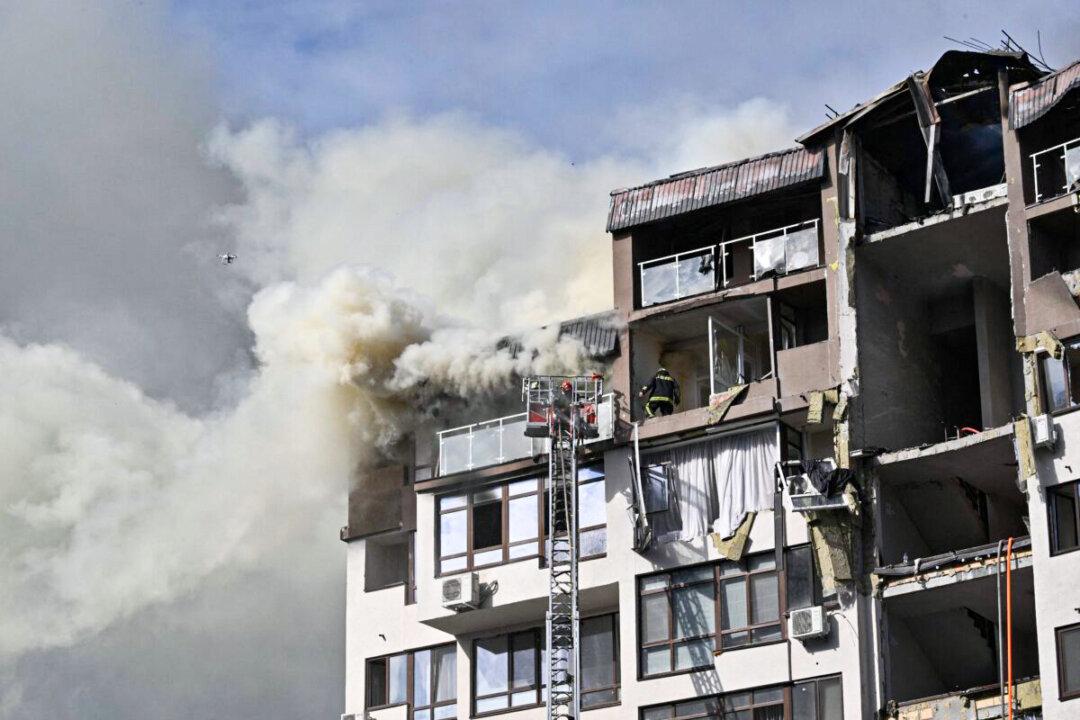The Biden administration has added five Chinese companies to its economic blacklist for allegedly supporting Russia’s military and defense industrial base, blocking them from U.S. technology.
The U.S. Department of Commerce said in a June 28 statement that the companies had supplied ties to Russian “entities of concern” before Moscow launched its attack on Ukraine on Feb. 24 and “continue to contract to supply Russian entity listed and sanctioned parties.”




